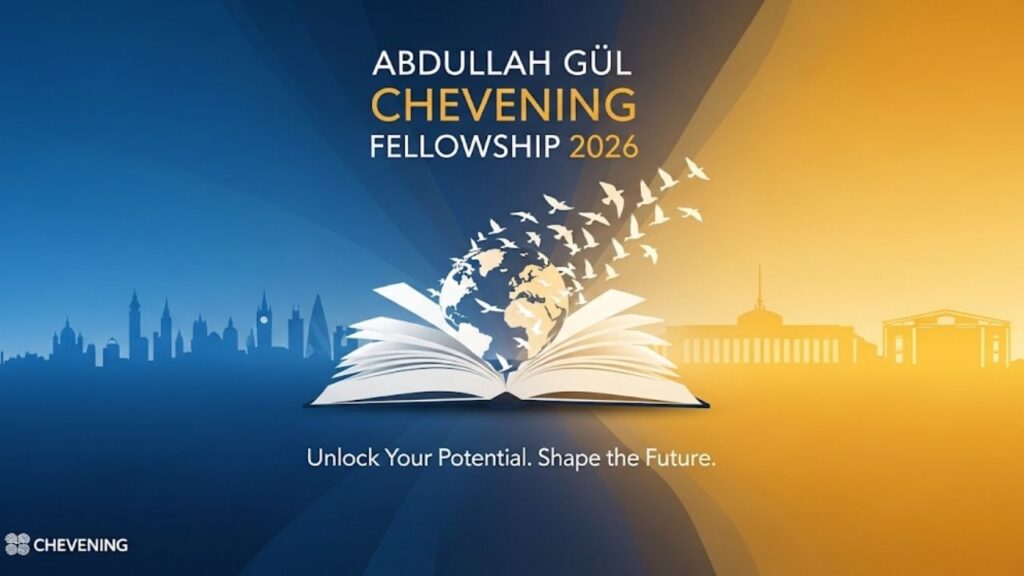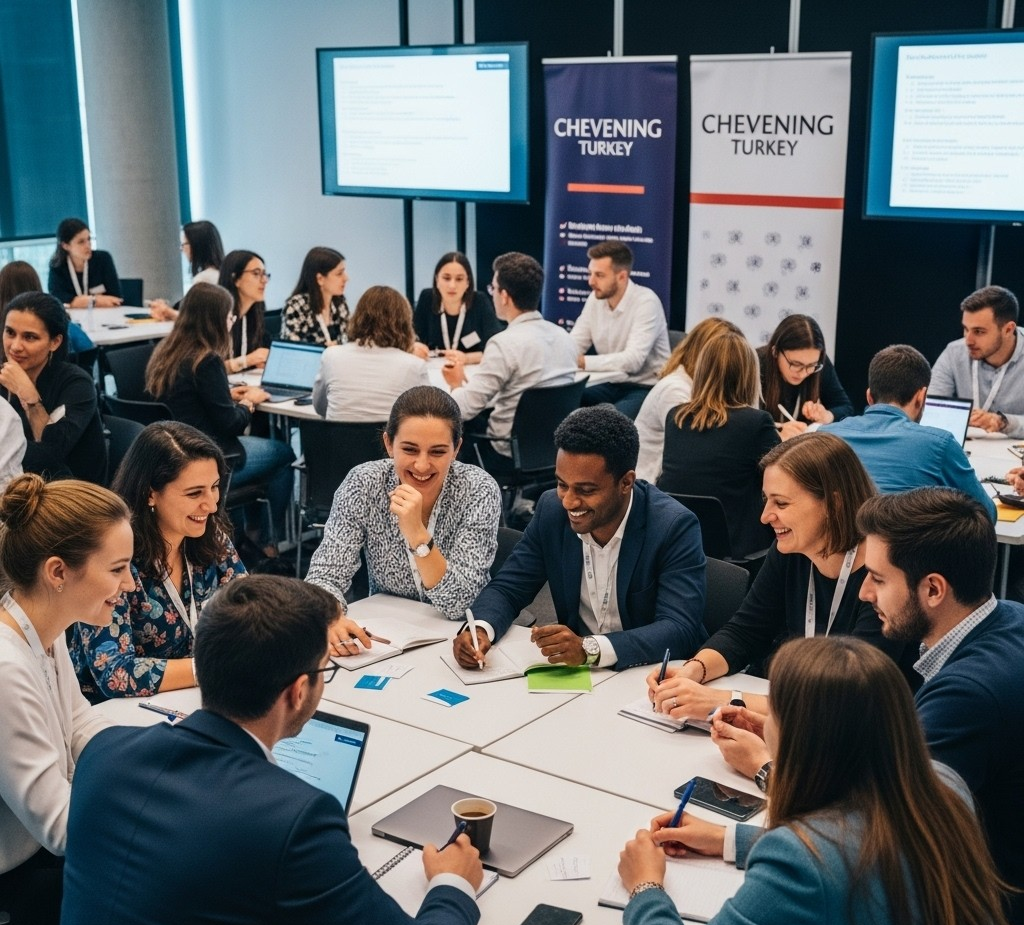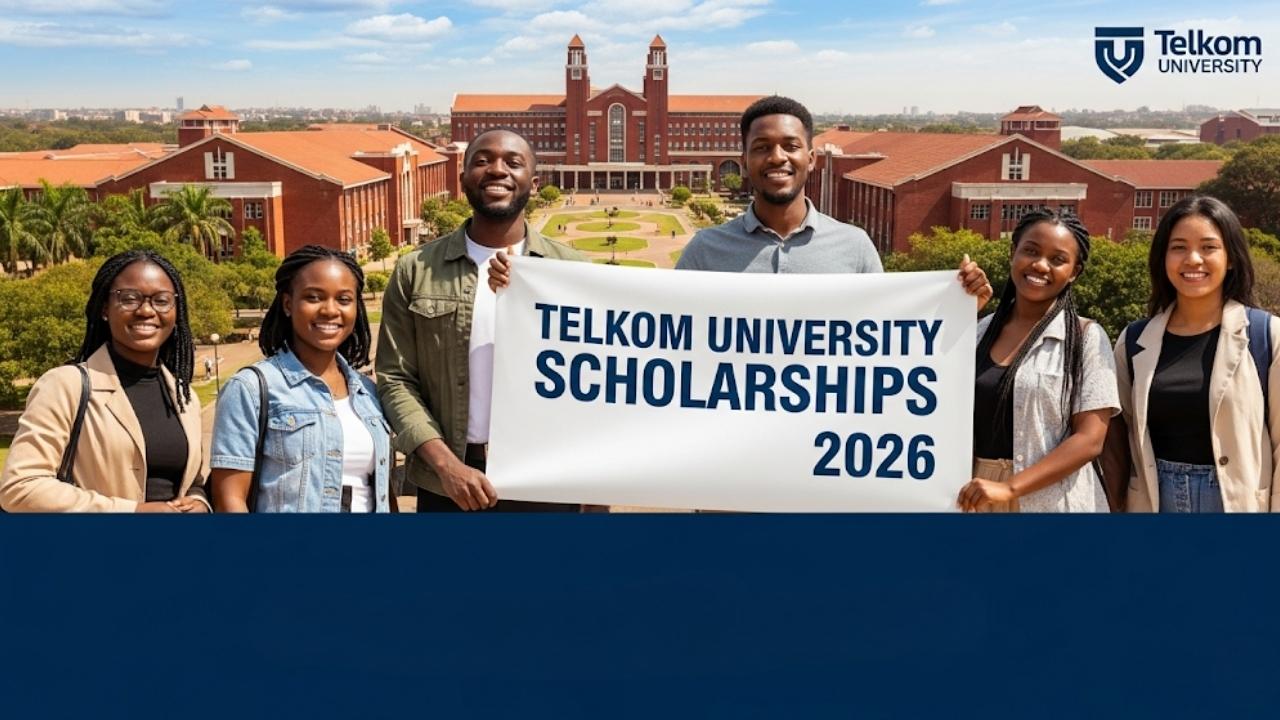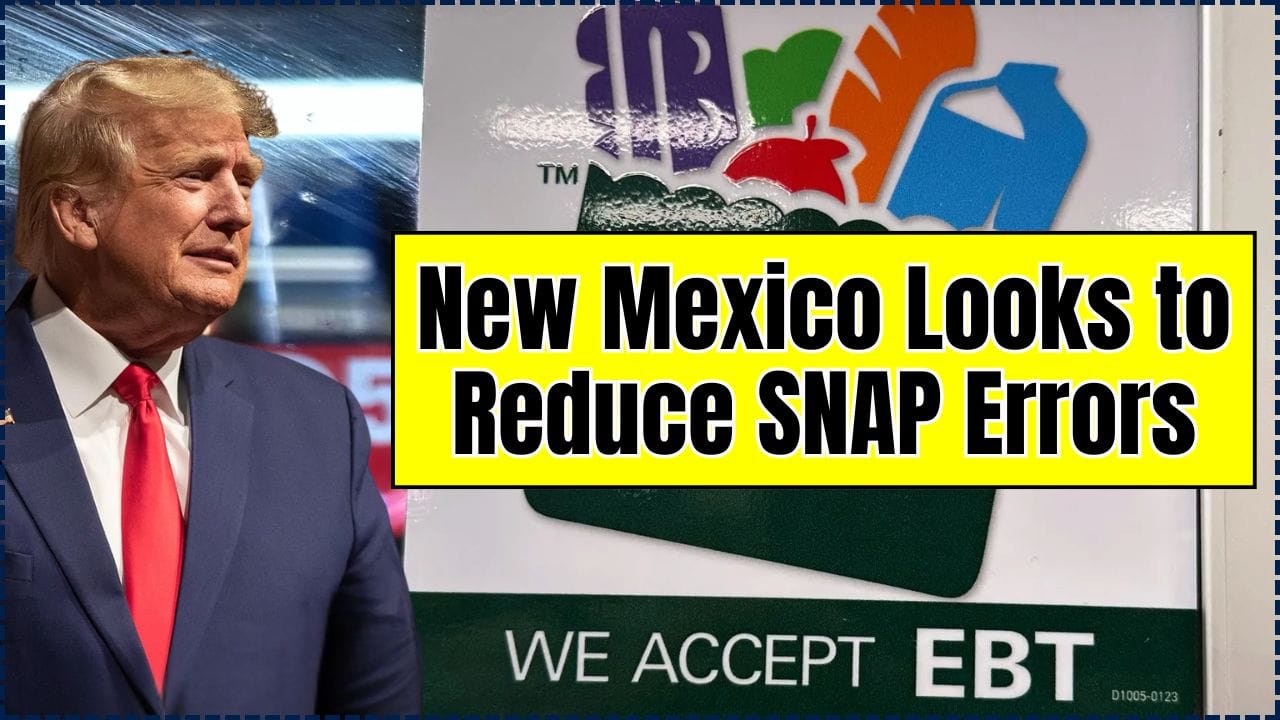The Abdullah Gül Chevening Fellowship 2026 has been announced, presenting a career-defining opportunity for Turkey’s most promising mid-career professionals and future leaders. This prestigious, fully-funded program isn’t just about academic research; it’s a launchpad for building influential networks, deepening your expertise on a global stage, and contributing to the vital relationship between the UK and Turkey. If you’re driven to make a significant impact in your field, navigating the application process can feel daunting. This guide is designed to be your trusted companion, breaking down every step with clear, actionable advice to help you build a compelling application.

Abdullah Gül Chevening Fellowship 2026
| Key Fact | Detail |
| Program Focus | A three-month period of research for mid-career professionals. |
| Funding | Fully funded, covering living expenses, travel, and research costs. Chevening Financial Support |
| Host Institution | Primarily self-directed research, supported by the Chevening network. |
| Primary Goal | To support Turkish leaders in fields related to public policy and international relations. British Embassy Ankara |
The Abdullah Gül Chevening Fellowship is more than just a credential; it’s a transformative experience that equips you with the knowledge, network, and platform to become a leading voice in your field. The application process is rigorous, but it is also an opportunity for self-reflection—to clarify your ambitions and articulate your vision for the future.
Take the time to understand the fellowship’s unique mission. Craft a narrative that is authentically yours, rooted in your experience and aimed at a future of impactful leadership. Your journey to shaping the future of UK-Turkey relations begins with this single, powerful step. Start preparing your application now, and you could be the next leader to join this distinguished global network.
What Makes This Fellowship a Unique Opportunity?
Unlike traditional master’s degree scholarships, the Abdullah Gül Chevening Fellowship is a specialized, non-degree program tailored for established professionals. It’s a joint initiative between the UK’s Foreign, Commonwealth & Development Office (FCDO) and the Abdullah Gül University (AGU), designed to foster the next generation of Turkish leaders.
Think of it less as a typical academic course and more as a three-month strategic retreat. It allows you to step away from your daily professional life to conduct in-depth, self-directed research on a topic of your choosing that is relevant to both the UK and Turkey. The program provides the intellectual freedom and resources to explore a complex issue, develop policy recommendations, and build relationships with UK-based experts in your field. This unique structure is perfect for those who have already identified a specific challenge or area for improvement within their profession and need the time and access to develop innovative solutions.
Are You the Leader They’re Looking For? Eligibility Deep Dive
The selection committee seeks candidates who not only have a strong track record but also demonstrate clear potential to become influential leaders. Let’s break down the core eligibility requirements to see if you fit the profile.
Nationality and Academic Background
First and foremost, you must be a citizen of Turkey and intend to return to Turkey at the end of the fellowship period. Academically, you are required to hold a postgraduate level qualification (a Master’s degree or PhD) at the time of your application. This underscores the program’s focus on individuals who already have a solid academic foundation.
Professional and Leadership Experience
This is a mid-career fellowship. The program is looking for applicants who can demonstrate at least seven years of work experience. More importantly, you need to show a consistent track record of leadership and influence in your professional life. This doesn’t necessarily mean holding a C-suite title. It can be demonstrated by:
- Leading a significant project.
- Influencing policy or strategy within your organization.
- Mentoring junior colleagues.
- Driving change in your community or sector.
In my experience advising applicants, one common hurdle is underestimating their own leadership experience. Think broadly about moments where you took initiative, inspired others, or made a tangible impact—these are the stories your application needs to tell.
English Language Proficiency
As your research and networking will be conducted entirely in English, you must meet the Chevening English language requirement. You will need to have achieved the minimum score in an approved English language test before you can receive a conditional offer. It’s crucial to plan for this early, as booking and taking a test can take time.

Crafting a Winning Application for the Abdullah Gül Chevening Fellowship 2026
Your application is your only chance to make a strong impression. It needs to be strategic, polished, and authentic. The most successful applicants are those who can weave a compelling narrative connecting their past experience, their research goals, and their future ambitions.
Defining Your Research Project
The heart of your application is your proposed research project. This isn’t a vague idea; it needs to be a well-defined plan. Your proposal should:
- Identify a Specific Issue: Pinpoint a current challenge or opportunity relevant to Turkey’s development, particularly in areas like democracy, human rights, public administration, or UK-Turkey relations.
- Explain its Significance: Why does this issue matter? What impact could potential solutions have?
- Outline Your Research Plan: What are your key research questions? What methodologies will you use (e.g., interviews, data analysis, case studies)?
- Connect it to the UK: Clearly state why the UK is the best place to conduct this research. Are there specific academics, institutions, archives, or organizations that are crucial to your work? Be specific. A vague mention of “UK expertise” is not enough.
The Four Pillars: Your Chevening Essays
The application requires you to answer four essay questions, each with a 500-word limit. Treat each one as a pillar supporting your candidacy.
- Leadership and Influence: Use the STAR method (Situation, Task, Action, Result) to give specific examples of your leadership. Go beyond just describing your job title; show how you have actively influenced outcomes.
- Networking: Demonstrate your understanding that networking is a two-way street. How will you contribute to the Chevening community, and how will you leverage these connections to achieve your goals back in Turkey?
- Studying in the UK: This is where you justify your research plan. Go into detail about why the UK is the only place for your project. Name the experts you hope to meet and the institutions you plan to visit.
- Career Plan: Create a clear, realistic five-to-ten-year plan. How will the Abdullah Gül Chevening Fellowship act as a catalyst for your career and enable you to contribute to Turkey?
Securing Strong Letters of Reference
Choose your referees wisely. They should be individuals who know you well in a professional or academic capacity and can speak to your leadership potential, character, and research capabilities. A letter from a well-known figure who barely knows you is far less valuable than a detailed, personal letter from a direct supervisor or professor.
The Fellowship Experience: A Glimpse into Your Three Months

Your three months in the UK will be an intensive and incredibly rewarding period of professional and personal growth. You will have the freedom to manage your own research schedule while being supported by a dedicated program officer.
Beyond your individual project, you will be part of the global Chevening network. This includes exclusive events, lectures, and cultural excursions that allow you to connect with hundreds of other scholars and fellows from around the world. These experiences are designed to broaden your perspective and build lasting international friendships and professional alliances. It’s a vibrant community that continues long after you return home.
Your Guide to Winning the E. Allison Peers Masters Scholarship 2025 at the University of Liverpool
A Guide to the UAL International Postgraduate £25,000 Scholarships for 2025/26
FAQs
Q1:What is the difference between the Chevening Scholarship and the Abdullah Gül Chevening Fellowship?
The main difference is the program type and target audience. The Chevening Scholarship funds a one-year Master’s degree at a UK university for early to mid-career professionals. The Abdullah Gül Chevening Fellowship, on the other hand, is a three-month, non-degree research program specifically for more senior, mid-career Turkish professionals who already hold a postgraduate degree.
Q2:Can I apply if I have a Master’s degree from a UK university?
Generally, individuals who have previously studied in the UK with funding from a UK Government-funded scholarship are not eligible. However, you should always check the most current eligibility criteria on the official Chevening website, as specific rules can change.
Q3:What is the timeline for the application and selection process?
Applications typically open in August and close in early November. Shortlisted candidates are invited for interviews between February and April. The final selection results are usually announced in early June, with the fellowship commencing in the autumn of the following year.
Q4:Is there an age limit for the fellowship?
There is no upper age limit. However, the fellowship is specifically designed for mid-career professionals.5 The key requirement is to have at least seven years of measurable work experience and to demonstrate a strong track record of leadership and influence.










